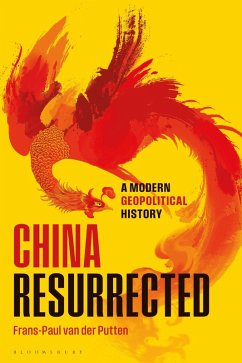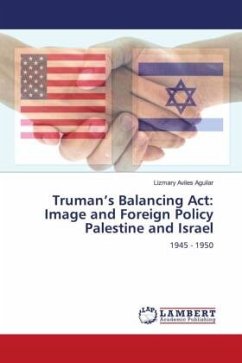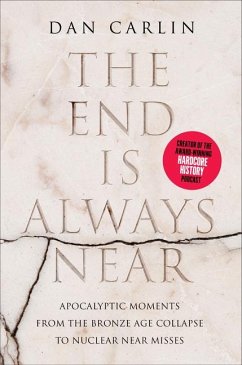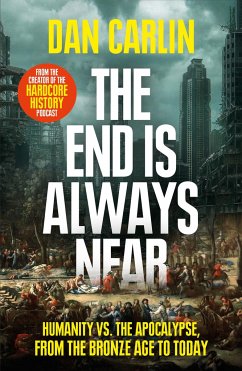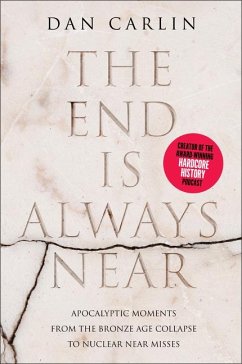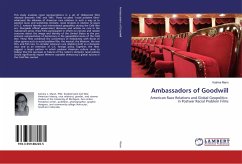
Ambassadors of Goodwill
American Race Relations and Global Geopolitics in Postwar Racial Problem Films
Versandkostenfrei!
Versandfertig in 6-10 Tagen
64,99 €
inkl. MwSt.

PAYBACK Punkte
32 °P sammeln!
This study analyzes racial representations in a set of Hollywood films released between 1947 and 1961. These so-called "racial problem films" addressed the dilemma of American race relations in such a way as to position local, and sometimes intimate, racial tensions in relation to issues of U.S. national identity and international geopolitics during the Cold War era. Alongside official government discourse and articles on race in the mainstream press, these films participated in efforts to narrate and resolve concerns about the image and identity of the United States as the pre-eminent represe...
This study analyzes racial representations in a set of Hollywood films released between 1947 and 1961. These so-called "racial problem films" addressed the dilemma of American race relations in such a way as to position local, and sometimes intimate, racial tensions in relation to issues of U.S. national identity and international geopolitics during the Cold War era. Alongside official government discourse and articles on race in the mainstream press, these films participated in efforts to narrate and resolve concerns about the image and identity of the United States as the pre-eminent representative of democracy in the geopolitical scene of the Cold War. These films combined the conventions of melodrama with those of other genres such as social problem film, the musical, the Western, the war film, and film noir, to consider American race relations both as a domestic issue and as an extension of U.S. foreign policy. Together, the films suggest a larger pattern in which postwar American culture came to believe that the successes or failures of the nation's domestic racial policies would significantly impact Western capitalist democracy's global success in the Cold War contest.




